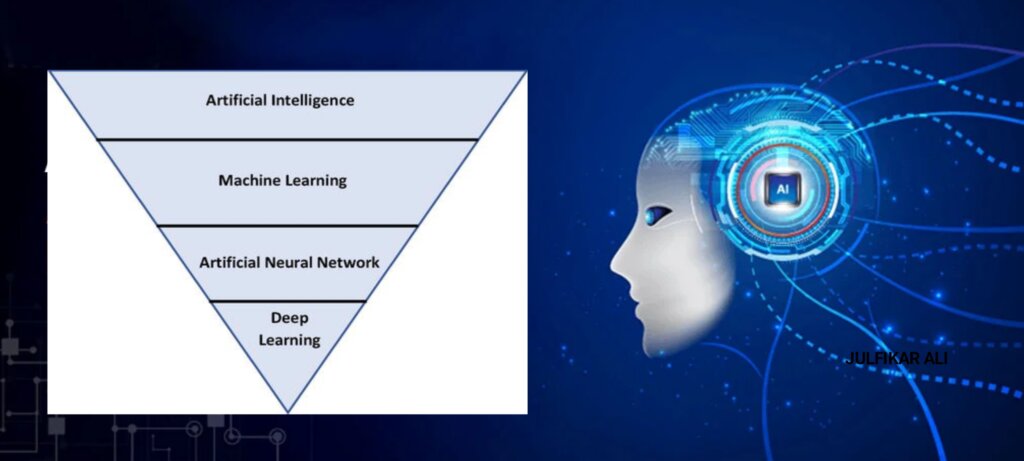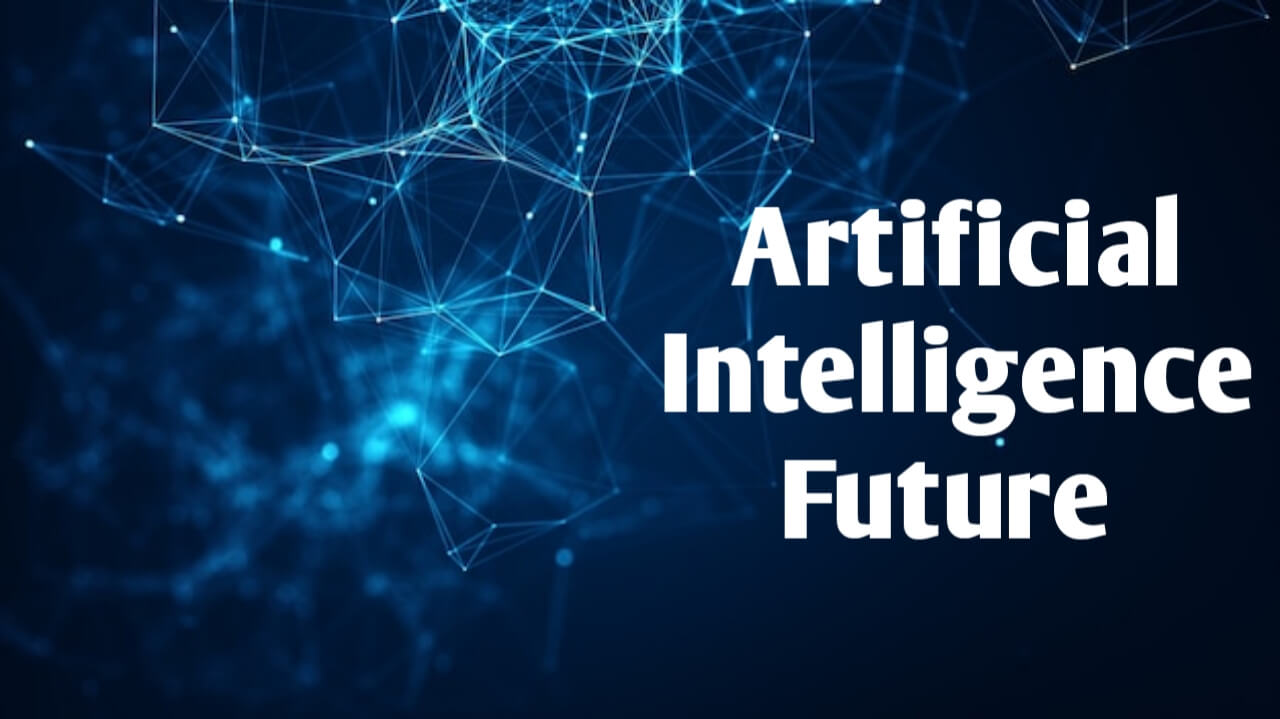Introduction
Artificial intelligence (AI) is a rapidly growing technology that has the potential to revolutionize many aspects of our lives. From automation of mundane tasks to improving medical research and diagnosis, AI has already made significant strides in transforming the world we live in. As technology continues to evolve, it is natural to wonder what effect AI will have in the future.
On one hand, the benefits of AI are clear: The automation of tedious and time-consuming tasks can increase productivity and efficiency, freeing up time for more creative and innovative work.
In healthcare, AI has already been used to improve diagnosis accuracy and create personalized treatment plans, leading to better patient outcomes. In transportation and security, AI can enhance safety and reduce the risk of accidents.
However, there are also concerns about the negative effects of AI. With the automation of jobs, there is a fear of job displacement and unemployment. There are also ethical concerns surrounding decision-making and bias in AI algorithms, as well as the potential for dependence on technology. These concerns have led to discussions about the need for responsible development of AI and the importance of transparency and accountability in its implementation.
Summary:
- Explanation of Artificial Intelligence (AI)
- Brief history of AI
- Positive effects of AI in the future
- Negative effects of AI in the future
- Future possibilities and advancements in AI
- Conclusion
A. Explanation of Artificial Intelligence (AI)
Artificial Intelligence (AI) is a branch of computer science that focuses on the development of intelligent machines that can perform tasks that typically require human intelligence. AI systems use algorithms and statistical models to analyze and interpret complex data, learn from experience, and make predictions or decisions based on that analysis.
AI can be divided into two categories: narrow or weak AI, which is designed to perform specific tasks, and general or strong AI, which can perform any intellectual task that a human can do.
There are several different types of AI, including rule-based systems, machine learning, natural language processing, and deep learning. Rule-based systems use a set of predetermined rules to analyze data and make decisions, while machine learning uses algorithms to analyze and learn from data in order to make predictions or decisions. Natural language processing allows machines to understand and process human language, while deep learning uses neural networks to learn from complex data.
AI has already made significant advancements in various industries, from healthcare and finance to transportation and security. As technology continues to evolve, the potential for AI to transform our world is vast.
B. Brief history of AI
- Foundations (1940s – 1950s): Alan Turing’s theoretical concepts laid the groundwork for AI.
- Dartmouth Workshop (1956): Term “artificial intelligence” coined; birthplace of AI.
- Early Programs (1950s – 1960s): First AI programs and systems like Logic Theorist and GPS.
- AI Winter (1970s – 1980s): Funding and interest waned; a challenging period for AI.
- Expert Systems (1980s – 1990s): Focus on domain-specific expert systems.
- Machine Learning Resurgence (1990s – 2000s): Advances in algorithms and data.
- Deep Learning (2010s – Present): Neural networks and AI renaissance.
- AI in 21st Century: Applications in various industries.
- AI Ethics and Regulation: Concerns and regulations emerge.
- Future Directions: Focus on context, ethics, and quantum computing.
C. Positive effects of AI in the future
Artificial Intelligence in Healthcare: AI in healthcare is improving diagnosis, personalized treatment, and drug discovery. It enhances medical imaging, streamlines operations, and enables remote monitoring. However, ethical concerns and bias need attention. AI benefits patient care but requires careful management of its challenges.
Increased productivity in various industries : AI has boosted productivity across industries by automating tasks, improving decision-making, and optimizing processes. It enhances manufacturing, healthcare, finance, retail, agriculture, energy, transportation, construction, entertainment, and customer service, leading to cost savings and improved outcomes
Enhanced safety in transportation and security : AI has enhanced safety in transportation and security by enabling autonomous vehicles, driver assistance systems, traffic management, and predictive maintenance. In airport security, AI aids in image recognition, biometric authentication, and behavior analysis. For cybersecurity, AI detects threats, anomalies, and prevents fraud. In border control, AI helps with facial recognition, biometric matching, and risk assessment. However, ethical and privacy concerns need to be addressed in implementing AI systems in these areas.
D. Negative effects of AI in the future
- Job displacement and unemployment
- Dependence on technology
- Ethical concerns regarding decision-making and bias
E. Future possibilities and advancements in AI
- Advancements in natural language processing and speech recognition
- Development of AI-powered personal assistants
- Integration of AI in education and learning
Conclusion
In conclusion, AI’s features encompass automation, data-driven decision-making, personalization, and predictive capabilities. While it can both displace and create jobs, AI also raises ethical concerns and drives innovation. To harness its potential, responsible development and ethical considerations are paramount in shaping the future impact of AI on society and the workforce. more..
What is the advancement of artificial neural network and deep learning?

Overview:
Artificial neural network and deep learningare two related fields within machine learning. Artificial neural networks use a layered approach to simulate the behavior of neurons in the brain, while deep learning uses deep neural networks with many layers to perform complex task….
